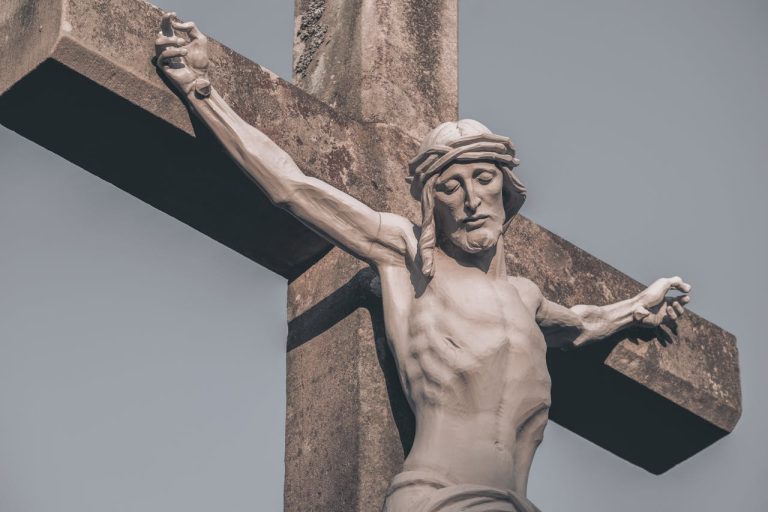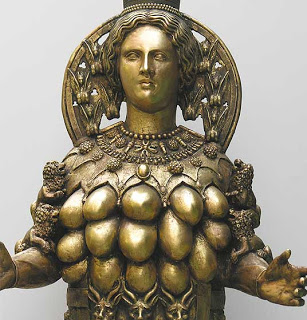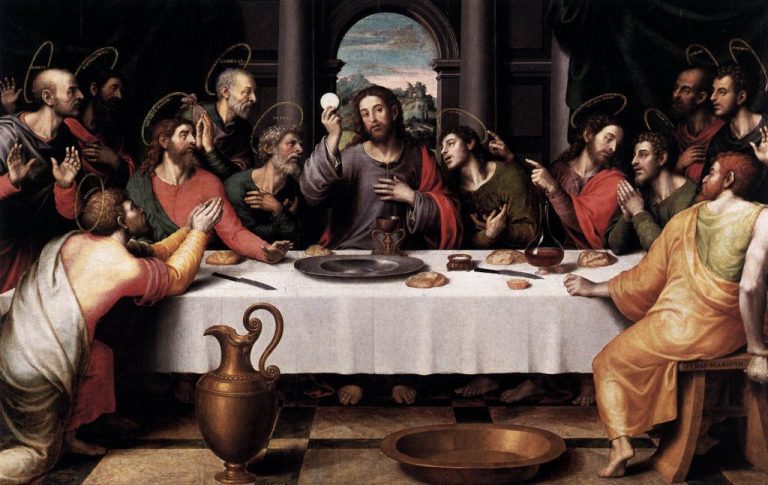“As you judge, so shall you be judged.” is generally taken to mean that if we judge our neighbors harshly, we will be judged with the same merciless rigor when our own Judgment Day arrives.
We may also use that passage to encourage ourselves to more accurately judge the way we are judging. Are we judging the person? Or, are we judging some person’s thought, word, or deed? Which type of judgment do we judge is better?
If we are judging a person, we may conclude: “That person is bad.” If the person so judged hears that someone has made such a judgment about him or her, it may prompt a defense so vigorous that the judge ends up with a punch in the nose.
A direct judgments, like “He is bad.”, tends to result in not making the person desire to be better. That sort of judgment is an attack on the wholeness of a person. It results in such total denigration that there is no apparent avenue to improvement; therefore there is no attempt to improve.
Instead of judging the person, it’s more productive to judge a person’s thoughts, words, or deeds. That shift in attitude prompts us to say: “This thing that you are thinking, saying, or doing seems harmful.” We have focused our judgment in a helpful way. Gentle judgments may prompt re-evaluation from which positive change will result.
“As you judge, so shall you be judged.” may, in greater fullness, mean that it is not our place to judge people, but that we may, usually do, and probably should, judge most of the thoughts, words, and deeds of which we become aware. If we do not make such judgments, it becomes harder to accurately judge our own thoughts, words, and deeds effectively enough to make them better.
Choosing to willfully to not exercise good judgment may prompt the harshest judgment of all from He Who will be passing final judgment upon us. We are clearly told that the sentence we receive at our own judgment will have as much mercy in it that we used to lighten the judgments we have made.








